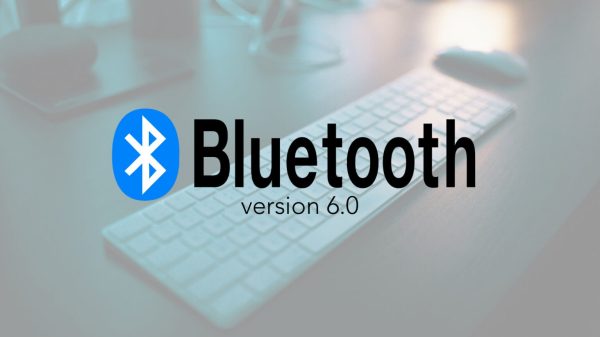HODL Law, a cryptocurrency-focused firm, recently attempted to push the SEC for clarity on whether Ethereum ($ETH) is considered a security. The firm expressed concerns that the SEC’s ambiguous stance on Ethereum could lead to potential enforcement actions against them and other users of the Ethereum network.
However, multiple courts rejected HODL Law’s lawsuits, stating that the firm failed to show any actual or imminent harm from the SEC. The courts emphasized that without a concrete case or controversy, there is no legal standing to force the SEC to make a definitive ruling on Ethereum’s status as a security.
The SEC’s reluctance to clarify Ethereum’s legal status reflects its broader approach to cryptocurrency regulation. While the SEC has taken aggressive actions against various crypto entities and continues to enforce against crypto fraud, it has remained ambiguous on Ethereum.
This ambiguity, coupled with mixed signals such as the SEC’s approval of Ethereum spot ETFs, suggests that the regulatory body is strategically choosing not to take a clear stance. This ambiguity benefits the SEC by allowing it to retain flexibility in its regulatory approach without committing to a specific position on Ethereum.

HODL Law Pushes SEC for Ethereum Security Status Clarity Amid Court Rejections and Regulatory Ambiguity
Despite the court’s dismissals and the SEC’s unclear position, the question of whether Ethereum is a security remains unresolved. The SEC has hinted at potential jurisdiction over Ethereum, especially with claims that a significant number of Ethereum nodes are based in the U.S.
However, the SEC has not made any definitive moves to classify Ethereum as a security, leaving the legal status of the cryptocurrency in a state of uncertainty. The Ninth Circuit Court of Appeals recently underscored this by dismissing HODL Law’s case, further reinforcing that the SEC is not obligated to clarify Ethereum’s status.
In the meantime, Ethereum continues to progress, even as legal uncertainties linger. The cryptocurrency’s development, particularly its upgrade to Ethereum 2.0, moves forward steadily. This progress indicates that the lack of regulatory clarity has not significantly hindered Ethereum’s growth or its increasing utility in the broader crypto ecosystem.
However, the ongoing pressure for the SEC to provide clear guidelines will likely need to come from higher authorities or legislative changes to bring about any substantial resolution.
Ultimately, the SEC’s current stance—or lack thereof—on Ethereum highlights the complex and evolving nature of cryptocurrency regulation in the U.S. As the crypto industry grows and integrates further into traditional financial systems, the demand for clear regulatory frameworks will likely increase.
Until then, Ethereum and other cryptocurrencies will continue to operate in a legally uncertain environment, with the potential for future enforcement actions still looming.









































